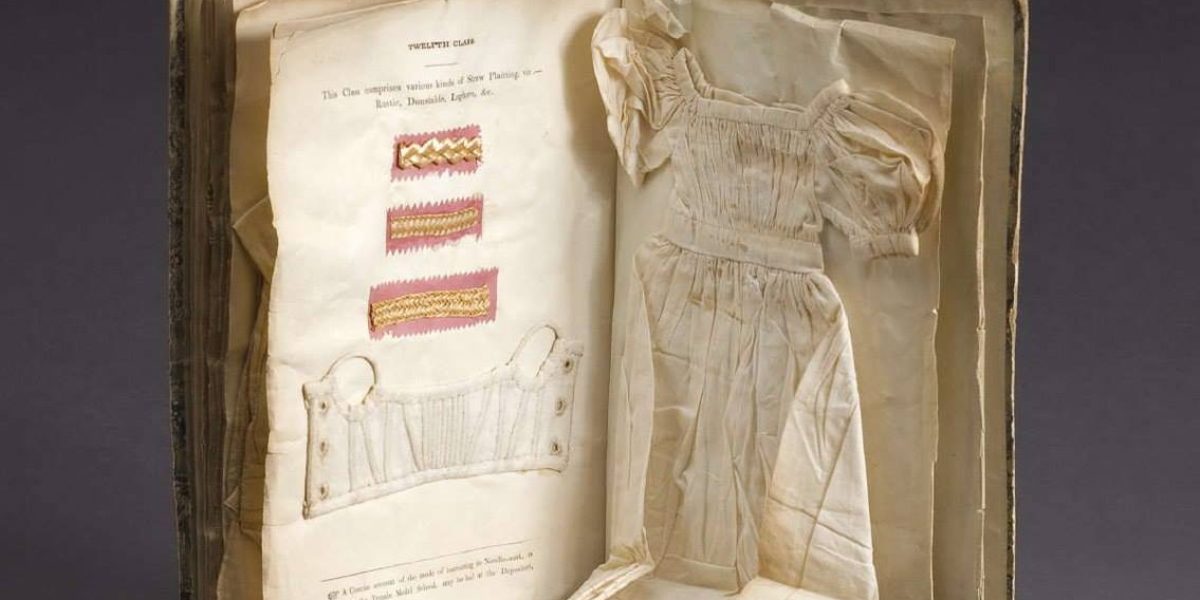Experimental Feminist / Woman's Poetry

Faculty:
Course Schedule:
Summer 2024 | Thursday 11:50 AM – 2:50 PM EDT
Term: June 6, 2024 – August 22, 2024
Schedule: Thursday 11:50 AM – 2:50 PM EDT (5:50 PM – 8:50 PM CET/Berlin)
Language of Instruction: Russian
Course Prerequisites: Russian B2 / Equivalent or higher / When applying for the program, a candidate must submit one or more of their literary pieces (in the form of poetry, prose, essays, hybrid genres, etc.) or links to already published research, essay, or literary works on the topic of the course.
Subject: WRIT (Writing) | Cross-Listing(s): RES (Russian and Eurasian Studies)
Max Enrollment: 22
Credits: 1 US / 3 ECTS
This course is aimed at studying experimental feminist/ woman’s poetry made between the 1980s and 2010s in various poetic cultures as well as in Russophone literary environments.
How does a pursuit for a radical change of a poetic form correlate with sensitivity to language policies, discourses of power, and language violence? Can feminist poetry be ‘complex’ and inclusive at the same time? This and other questions will be discussed during the seminar by referring to works on literary criticism, essays, and manifestos (written by contemporary poets and researchers), which provide various optics on the functioning and transformation of woman’s* poetic subjectivity, a role of language and formal experiment in feminist writing.
Poetry: Bhanu Kapil, Dragica Rajcič, Cecilia Vicuña, Herta Müller, Inger Christensen, Ersi Sotiropoulos, Aase Berg, Anne-Marie Albiach, Rachel Blau DuPlessis, Rosemarie Waldrope, Mei-mei Berssenbrugge, Lyn Hejinian, Sasha Dugdale, Marina Tyomkina, Elizaveta Mnatsakanova (Mnatsakanjan), Lida Yusupova, Polina Andrukovich, etc.
Theory and essay: Nicole Brossard, Dubravka Djuric, Kathleen Fraser, Joan Retallack, Hélène Cixous, Lyn Hejinian, Rachel Blau DuPlessis, etc.
Participation in the course implies completing creative homework assignments and final creative work, as well as discussing them at seminars.
Guidelines for the Statement of Purpose:
When applying for the program, a candidate must submit one or more of their literary pieces (in the form of poetry, prose, essays, hybrid genres, etc.) or links to already published research, essay, or literary works on the topic of the course.
Application Portal Instructions:
1) Use the Latin alphabet for all entries on the portal, including your name. If the Language of Instruction is Russian, you may use Cyrillic only within the Statement of Purpose file, and the title of the file should still be in English.
2) Refrain from using email addresses associated with Russian or Belarusian educational institutions.
3) While completing the “Required Information” section, ensure you fill in the “Province” field for your address.
4) Provide an address outside Russia or Belarus in both the “Required Information” and “Geographic Location Confirmation” sections of the “Online Course Application”. This ensures we can send your transcript.
5) You must press the “Sign” button twice during the application.
6) If you hold a bachelor’s degree, select “4th+” in the “Academic Year (online)” section.
7) Applicants either unaffiliated or affiliated with educational institutions in Russia and Belarus should list ‘Smolny Beyond Borders’ as their educational institution.
8) In the student ID section, enter ‘SBB’.
9) Consider drafting your motivation letter ahead of time. Save it as a separate file with this format: LastName_FirstName_CourseTitle for a smoother application process.
Video of the Course Presentation: